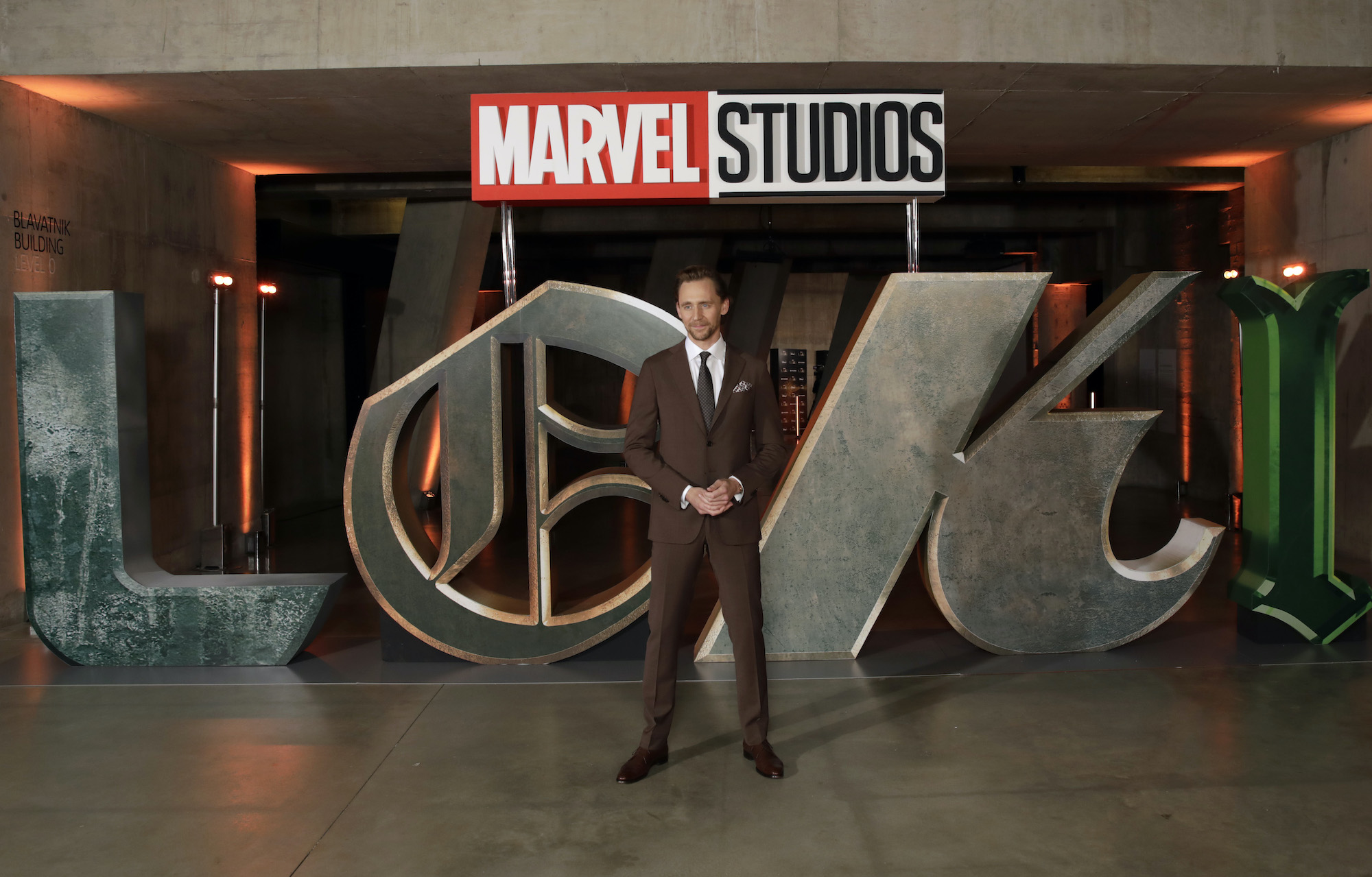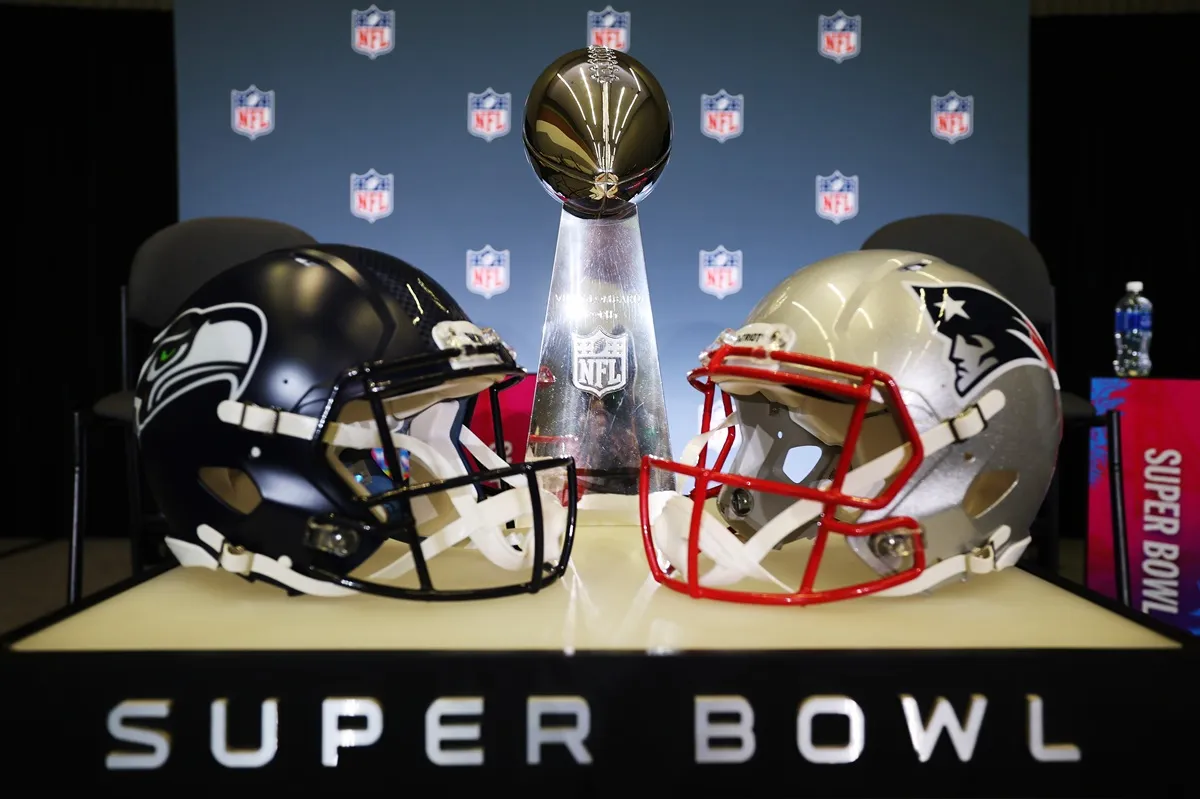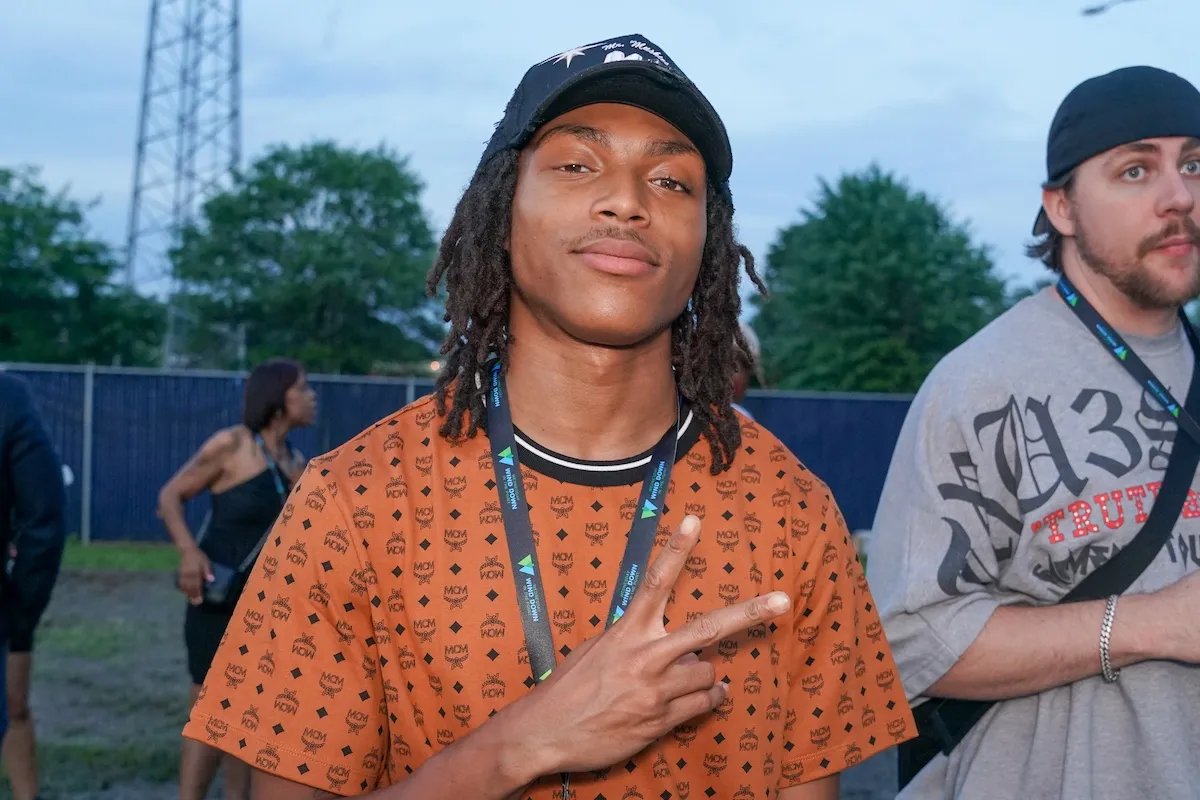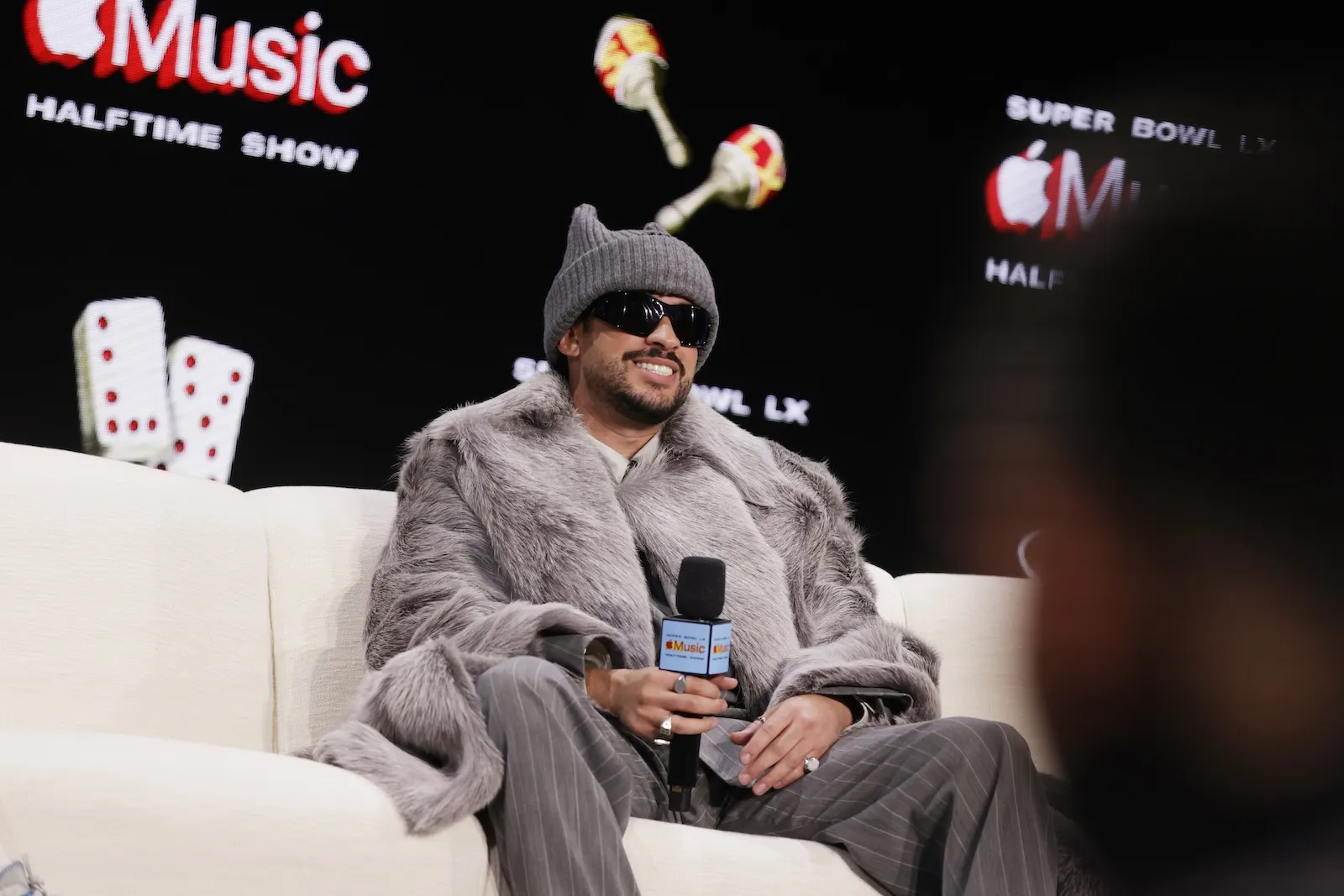‘Loki’ Fixes a Major Continuity Error in the MCU
If the initial buzz is any indication, Marvel seems to have another hit on its hands with Loki. The series isn’t just entertaining – it also appears as though it will have far-reaching implications in the larger Marvel Cinematic Universe. Fans also seem to be a pretty big fan of Owen Wilson and Tom Hiddleston’s undeniable chemistry as well.
One of the major motifs of the show is time and how it passes. By being able to play with time, the show can impact other areas of the MCU that have already been committed to film. Here’s how one narrative device from the show could have a big effect on the MCU’s past and future.
‘Loki’ explores how time impacts the MCU
Loki has emerged as one of the MCU’s most popular villains, but his recent arcs in both the movies and this show have him playing something closer to an antihero. In the films, Loki redeems himself in Thor: Ragnarok before meeting his untimely demise at the hands of Thanos in Avengers: Infinity War. When the Avengers travel through time to retrieve the Infinity Stones in Endgame, they encounter the 2012 version of Loki. He gets his hands on the tesseract and, still villainous, uses it to escape his own capture.
Loki picks up right from there. A time-traveling body known as the Time Variance Authority (TVA) arrests Loki for changing what they refer to as the “Sacred Timeline.” He’s referred to as a “variant” for his transgressions. Before they can punish him, Wilson’s Agent Mobius recruits Loki to help him hunt down someone who is traveling through time to commit crimes – another version of Loki.
One major MCU continuity error

While the MCU has produced consistently entertaining films (and now streaming series), it’s not perfect. Producing one cinematic universe across multiple properties can lead to mistakes and continuity errors. Across MCU films, there’s one “error” that occurs from movie to movie – the fact that at times, multiple actors play the same role across films.
In real life, we know why this is. Ed Norton originally played the Incredible Hulk. Terence Howard was Rhodey before Don Cheadle was Rhodey. Actors get recast in major franchises all the time – it’s part of the business. But from a continuity standpoint, it does give fans of the MCU someone different to look at.
Before, this was something Marvel didn’t address. They simply recast and moved on. Now, however? Loki may have given them the golden opportunity they needed to talk about this.
How ‘Loki’ could fix the MCU’s casting continuity issue
As noted above, Loki is referred to as a “variant” by the TVA. That’s their code name for anyone traveling throughout history altering the timeline. There are multiple Loki variants at the moment (or at least the audience is led to believe there are). This sets up a pretty epic showdown for the series: Loki versus Loki.
But what if the presence of variants can be used to explain other aspects of the MCU? According to one theory discussed in Inverse, variants could be used as a plot device to address past recasting. What if Norton and Mark Ruffalo are simply two different variant versions of Bruce Banner? What if Cheadle and Howard are also variants?
The theory makes sense, and Marvel should hop on this opportunity. Forget the case of the Hulk and War Machine, though Marvel could certainly use the variant theory to explain them. No actor can last in one role forever, and they may be able to use this variant idea to explain future recastings or bring back deceased characters with new actors. Thanks to Loki, it’s possible MCU fans could see a new Iron Man or Captain America down the line.


